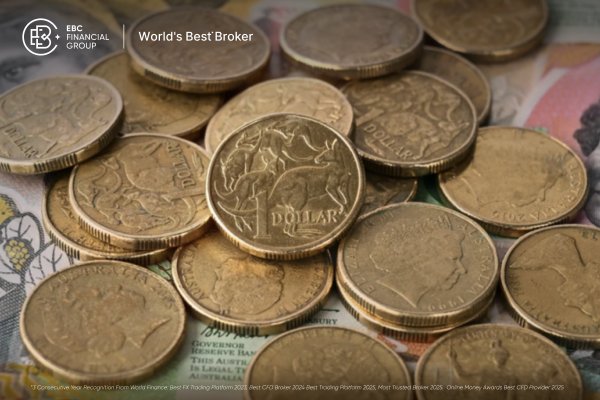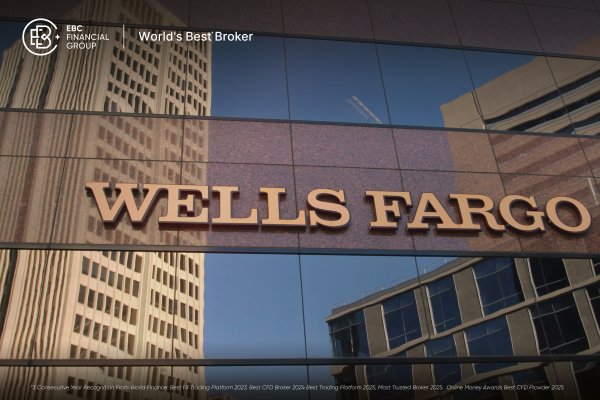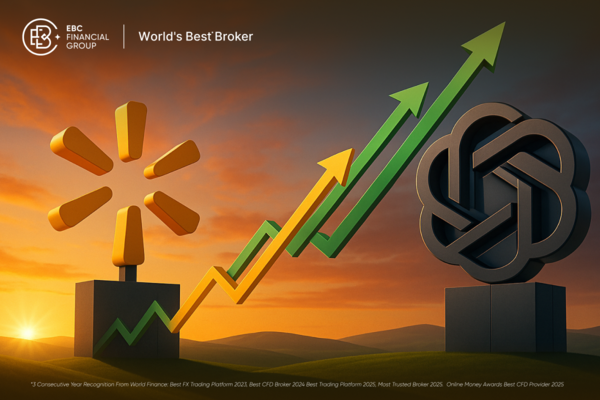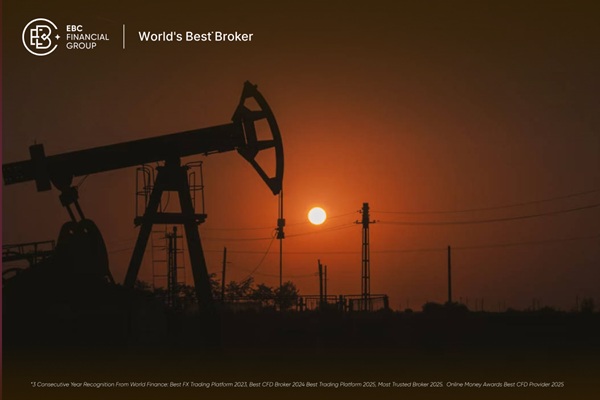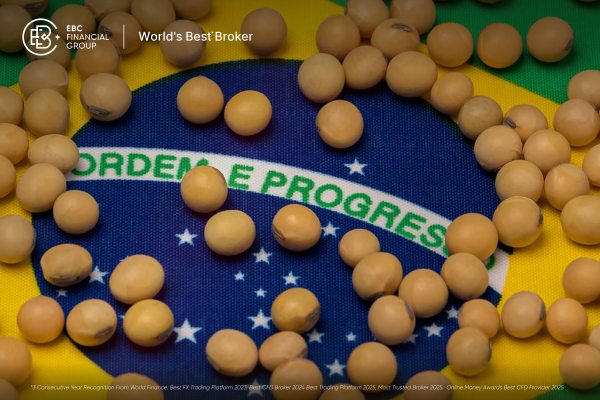Forex trading, also known as the foreign exchange market, is one of the largest and most active financial markets in the world. It offers the potential for substantial returns, but with its high reward comes a significant amount of risk. As millions of traders worldwide engage in currency exchanges every day, the question of whether forex trading is legitimate has become a common concern, especially for those new to the market.
Despite its vast popularity, forex trading is often clouded by misconceptions, and its legitimacy is frequently questioned. With scams and fraudulent brokers lurking around the corner, it's important to differentiate between genuine opportunities and the dangers of deception. So, is forex trading truly legit, or is it just another high-risk gamble? Understanding how the market operates and knowing how to protect yourself can make all the difference in navigating this lucrative, yet volatile, market.
What Is Forex Trading?
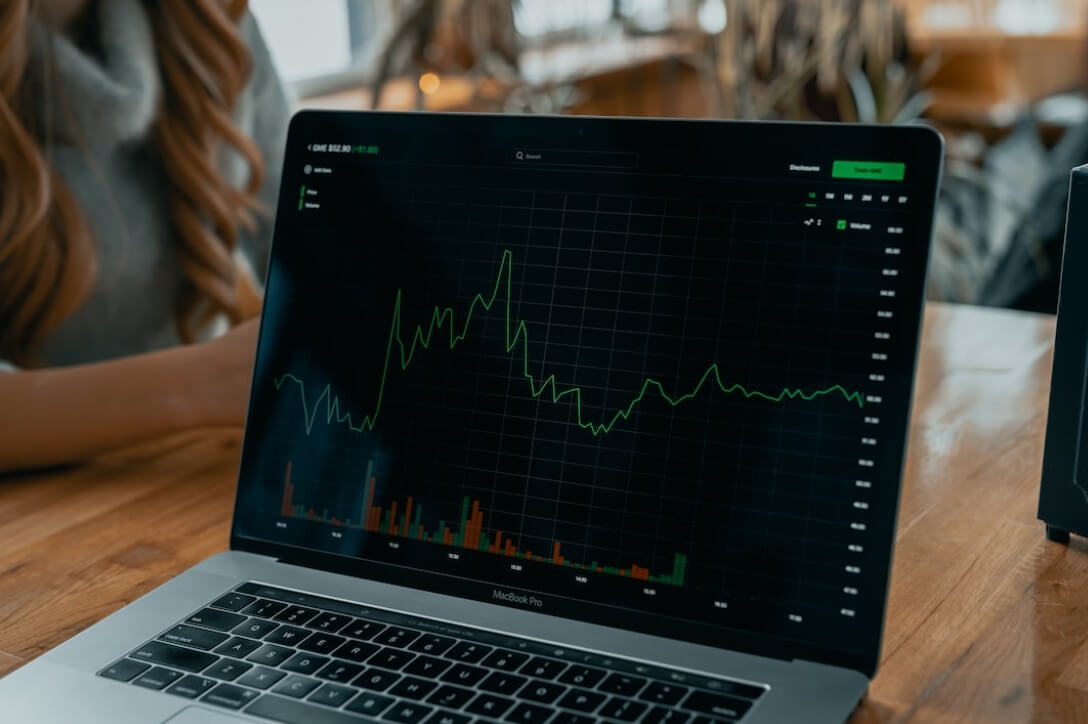
Forex trading refers to the process of exchanging one currency for another in the foreign exchange market. Unlike traditional stock markets, where you buy and sell shares in companies, forex trading involves buying one currency while simultaneously selling another. This creates a currency pair such as EUR/USD (Euro/US Dollar), where the value of one currency is exchanged against the other.
The forex market operates 24 hours a day, five days a week, enabling traders from around the world to engage in transactions at virtually any time. The goal of forex trading is to profit from fluctuations in the exchange rates between different currencies. This is achieved by speculating on whether a particular currency pair will rise or fall in value.
Forex trading is conducted in a decentralized manner, meaning there is no central exchange like the London Stock Exchange or New York Stock Exchange. Instead, forex trading takes place directly between parties, usually through brokers or financial institutions.
Is Forex Trading a Scam?
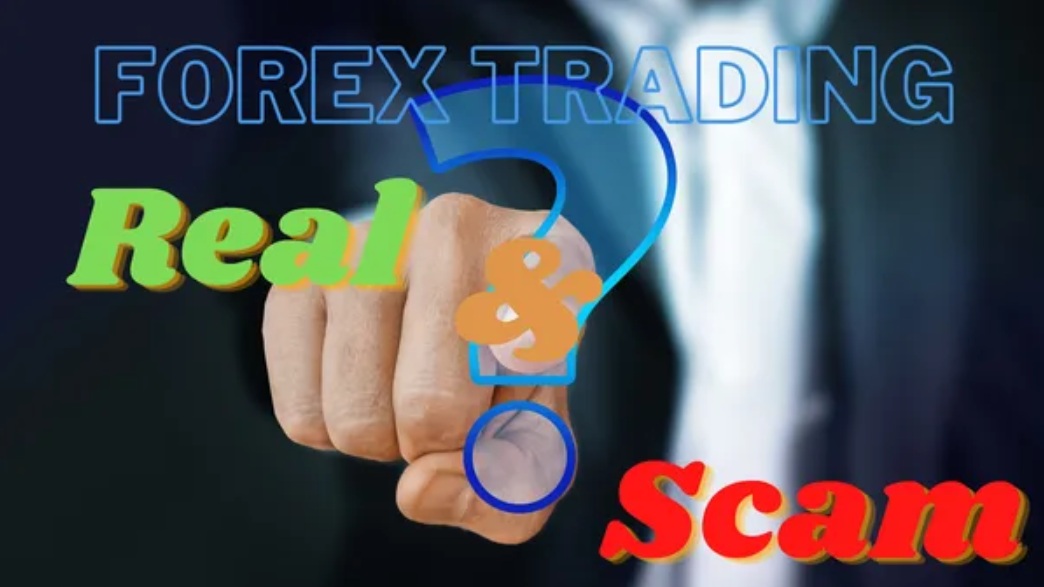
One of the most common questions asked by newcomers is whether forex trading is a scam. The truth is, while forex trading itself is legitimate, there are scams that exist within the industry. Like any financial market, the forex market has its share of unscrupulous actors who seek to exploit traders, especially beginners.
Forex scams often come in the form of "too good to be true" promises, such as guaranteed profits or miracle systems that promise to turn a small investment into a large fortune. These are typically run by fraudulent brokers or scammers who are out to take your money. A legitimate forex broker, on the other hand, will never make such promises and will always make it clear that forex trading involves risk.
Common Forex Scams to Watch Out For:
Unregulated Brokers: Some brokers operate without proper regulation, which can make it difficult for traders to trust their services. These brokers may take advantage of traders by manipulating spreads, executing trades unfairly, or even refusing to allow withdrawals.
Fake Forex Signals: Some fraudsters offer trading signals or software that they claim will help traders make money, but in reality, these products are designed to take your money while offering little to no value.
How to Identify Legitimate Forex Brokers
The key to engaging in safe and profitable forex trading is choosing a legitimate broker. There are several ways to verify whether a broker is trustworthy and regulated:
Regulation and Licensing: A legitimate forex broker should be regulated by a reputable financial authority. Regulatory bodies, such as the UK's Financial Conduct Authority (FCA), the U.S. Commodity Futures Trading Commission (CFTC), or the Australian Securities and Investments Commission (ASIC), require brokers to meet strict standards in terms of transparency, security, and customer protection. Always verify that the broker you're considering is registered with a recognised authority.
Broker Reviews and Reputation: Before committing to a broker, look for independent reviews and feedback from other traders. Reputable brokers tend to have a positive track record, with customer reviews readily available online. Be cautious of brokers with no reputation or overly positive reviews that seem too good to be true.
Platform Features and Security: Legitimate brokers offer reliable and secure trading platforms, such as MetaTrader 4 (MT4) or MetaTrader 5 (MT5), which are widely used in the industry. The broker should also implement robust security measures to protect your personal data and funds, such as SSL encryption and two-factor authentication.
Customer Support and Education: A legitimate broker will provide strong customer support, offering multiple ways for traders to reach them (e.g., phone, email, live chat). They should also offer educational resources to help new traders understand the market and improve their skills.
Risks and Rewards of Forex Trading
Forex trading, like any investment, carries both risks and rewards. While it offers the potential for significant returns, it is also a volatile market that can result in substantial losses if not approached carefully.
Rewards:
Risks:
Volatility: Currency prices can fluctuate rapidly due to various factors, including economic news, geopolitical events, and market sentiment. This can result in significant losses if the market moves against you.
Leverage Risk: While leverage can magnify profits, it can also increase the risk of loss, particularly for inexperienced traders. A small move in the wrong direction can result in the loss of the entire investment.
How to Protect Yourself from Forex Scams
Protecting yourself from forex scams involves due diligence and awareness. Here are some essential tips to avoid falling victim to fraudulent schemes:
Avoid High-Risk Promises: Be sceptical of brokers or individuals who guarantee profits or offer "sure-fire" trading strategies. Remember, all investments carry risk, and anyone who tells you otherwise is likely not trustworthy.
Start Small and Educate Yourself: Begin with a demo account or small amounts of capital until you become familiar with the forex market. Use educational resources, attend webinars, and seek advice from experienced traders to improve your knowledge.
Use Trusted Platforms and Tools: Stick with well-known trading platforms like MT4. MT5. or cTrader, and avoid unknown or unregulated trading software. Always ensure your platform is secure and offers the tools you need to trade safely.
Conclusion
Forex trading itself is entirely legitimate when conducted through a regulated and trustworthy broker. However, as with any financial market, there are risks involved, including the potential for fraud and scam. The key to successful and safe forex trading lies in due diligence, education, and choosing reputable brokers who are regulated by recognised authorities.
If you are new to forex trading, take the time to research and practice with demo accounts before investing real money. By being aware of potential scams and staying informed, you can confidently navigate the forex market and potentially reap the rewards of your trading efforts. Always remember, while the forex market presents opportunities, success requires careful risk management and a solid understanding of how the market works.
Disclaimer: This material is for general information purposes only and is not intended as (and should not be considered to be) financial, investment or other advice on which reliance should be placed. No opinion given in the material constitutes a recommendation by EBC or the author that any particular investment, security, transaction or investment strategy is suitable for any specific person.













